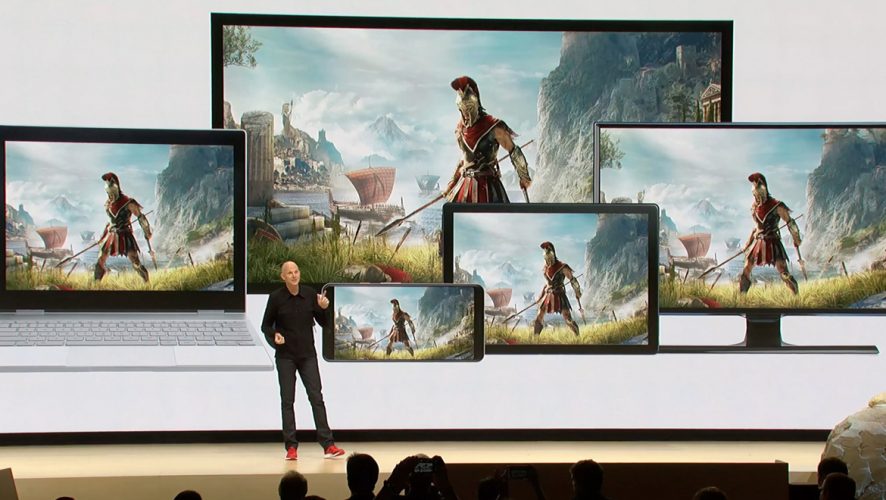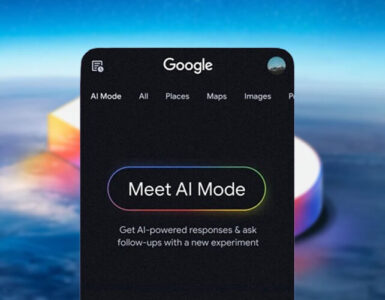The Google Pixel, Google Home, and Google Pixel Book. What do these items have in common?
Well, aside from the fact that these products are by the Alphabet, all three have the distinct honour of being released in the US first before rolling out to other parts of the world.
If it ever gets released that is. The Pixel phones and Home devices finally made their way here, but the final item on the list, the Pixel Book, had its team canned recently, so you can go Google that possibility.
It’s never enjoyable to hear such news but there is a strange trajectory which Google is constantly setting itself on. With the newly announced Stadia, the cloud-powered game streaming service from Google, it seems like business as usual.
Why? It’s been reported that Stadia will only be available in the US, Canada, and UK at launch.
Someone needs to tell Google, to look at the launch plans again because that’s what Microsoft essentially did with the Xbox One. Choosing to only release their latest and greatest console one whole year later to the rest of the world meant that main competitor Sony had plenty of time to assert global dominance with their PlayStation 4. Depending on who you ask, the video game console wars are pretty much down to Sony and Nintendo these days.
While Google could get away with the excuse when it came to hardware in terms of warranties, after-sales service or regulatory issues, such concerns make no sense when Stadia is primarily a service which sits on the Internet. And it’s obviously powered by Google Cloud, so is Google saying that it’s Cloud service cannot handle a global rollout of Stadia?
We are living in a golden era of entertainment, where audiences are fickle, with no shortage of alternative content out there. In the video game world, the biggest launch we’ve seen recently is the success of Apex Legends. And if you’re a gamer, it’s hard to avoid the shockwave of how Apex Legends made a splash in the community.
First of all, the moment Apex Legends was announced, it was made available globally. To everyone. Even as an Internet-only battle royale title, the experience has been smooth for pretty much anyone in the world. If you had lag, you probably lived in a country with poor connectivity. Gamers are pretty much unsympathetic that way. Maybe the game isn’t running on Google Cloud. Amazon Web Services? AliCloud?
If we are to draw similar comparisons to Stadia, it would look like Google does not want Stadia to succeed. It has none of the traits Apex Legends possessed at launch, and keeping this shiny, and possibly, awesome new service locked away is going to make people gloss over the news because they can’t be bothered to actually wait for their turn in their part of the world. The only thing which will definitely hold their attention would be the release of an amazing new game title exclusive only on the Stadia.
But Stadia has nothing.
At GDC 2019, the only titles that Stadia had revealed under its belt was a playable Assassin’s Creed Odyssey and the upcoming Doom Eternal. These are multiplatform titles so the consumer has more than enough choices to figure out their preferred platform. Worse still, they might already have a compatible device already in their living room. For the Stadia, Google needs to give PC users a reason why they should get Doom Eternal on their service, as opposed to Steam.
As Google looks inwards to launching Stadia in US, Canada, and UK, one needs to look at how China’s Tencent is slowly projecting soft power with its global hit, PlayerUnknown’s Battlegrounds (PUBG). Having a close hand at developing PUBG mobile, Tencent is showing how they are looking to dominate the rest of the world by being extremely consumer friendly. In an era where global tech companies look to the rest of the world to fatten their coffers, the release of Stadia in such a measured way can be taken as a cautious approach to getting things right before going wide. But it might be even dead in the water before the service even starts.
Wait, you’re saying that Google has a massive war chest to fund Stadia for years to come, just as Microsoft did with the first Xbox. That’s probably how the Pixelbook and Slate teams felt before getting the chop.
Ironically, the Stadia was demoed using a Pixelbook to illustrate the muscle of cloud computing on underpowered and soon to be unavailable hardware.
However, there’s still time to change that. From what we’ve gathered, Stadia requires mostly a stable and fast Internet connection – Singapore, Japan, and Korea would easily qualify. A Chromecast – another Google device that was also denied a global launch – is all Stadia needs really. At the upcoming E3 2019, Google would really need an ace up their sleeves to make the industry sit up and notice.
In the meantime, I’ll consult Google Assistant on my Google Home Hub (which is not available officially yet in Singapore) to see what the future holds for Stadia. But I think we already know the answer.
Gerald currently straddles between his love of video games and board gaming. There’s nothing that interests him more than trying out the newest and fanciest gadget in town as well. He dreams of publishing a board game sometime in the future!













